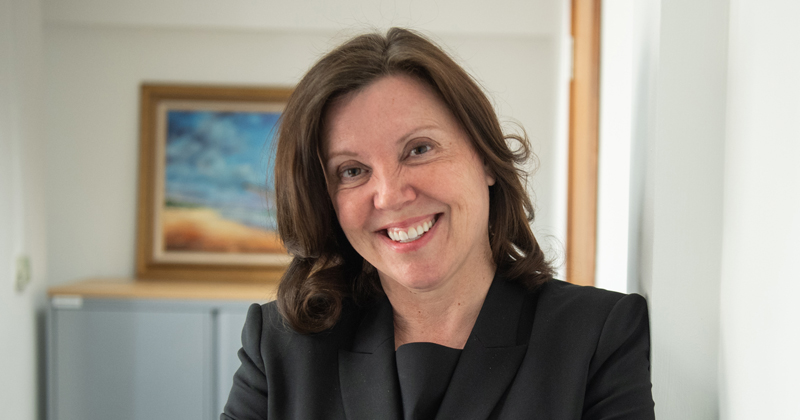Schools should “obsess” about attendance but need more support to provide counselling and intervene after exclusions, the children’s commissioner for England has said.
Dame Rachel de Souza said she wanted to see “100 per cent attendance on the first day of the September 2022 term”, and set out a series of recommendations to achieve the aim.
Absence rates in the autumn term of pre-pandemic 2019 were 4.9 per cent, but Covid means much higher rates of absence have been recorded in the two years since.
Ministers are also concerned about persistent absence. The latest government data shows almost one in four pupils in England was persistently absent in autumn 2021, equating to around 1.6 million children.
de Souza’s latest report follows “deep dives” in 10 local authority areas across England. An earlier report, based on data from 151 councils, was published in March.
She said being in school was “not only the best place for children to thrive, be safe and happy and learn, but it’s also overwhelmingly what children tell me they want for themselves”.
“Because we know that if a child misses the first day of term for whatever reason it is much harder to catch up and build good attendance, I want them in school for that first day back in September being welcomed, supported on the start of the best adventure of their lives.”
As well as new recommendations, the report also repeated calls from de Souza’s previous research, including a call for schools to become full members of local safeguarding partnerships, and for children to be provided with a “unique identifier” to enable better sharing of data.
Here’s what we learned.
1. Schools should be ‘obsessed’ with attendance
The research found that children often feel things are “done to them rather than with them”, leading to a “breakdown of trust and disengagement from their education”.
de Souza recommended that all schools create a culture that “prioritises and obsesses about attendance and promotes this message amongst children and parents”.
Schools and wider services should build “trusted and supportive” relationships with children and their families, with all attendance and behaviour documents having accessible, child-friendly versions.
Attendance should also be prioritised in the government’s new “parent pledge”, which currently focuses on literacy and numeracy.
2. Support for school counsellors
The research said children had reported wanting to receive support in school, either for mental health, SEND, bullying or safeguarding needs.
Pupils “value schools as part of their community and life”, and “trust their teachers”. It found that where support is provided in schools, children were “happier”.
The report recommended that schools are supported to provide a “range of early support services”, like in-house counselling, and claimed this was “easiest to do” through “strong families of schools”.
de Souza also called for the SEND green paper to be “implemented fully and in a child-centered way” to create a SEND system that “provides the right support, in the right place, at the right time and is easier to navigate”.
3. ‘Last resort’ exclusions should trigger intervention
de Souza’s report said exclusions “need to be a last resort”, but that “too often” excluded children did not receive “any intervention or support to prevent further exclusions”.
This can lead to a “cycle of continued exclusions and children falling out of school”.
She recommended that when children are removed from the classroom, an assessment of support needed is made, with support implemented “quickly to limit the time out of education”.
Alternative provision also needs to “consistently be an integral part of the wider education system” so children can transition “smoothly into and out of this provision”. It also needs to be high quality with a “focus on outcomes”.
“We need a race to the top rather than minimum standards, building on some of the great practice already out there.”
The DfE should also consider issuing further guidance on support for children post-exclusion, and children with social workers who are excluded should be “in AP from the first day”.
4. Better support for young carers
The report warned that children with additional responsibilities at home, like young carers, “can find it particularly difficult to attend school regularly”.
At schools that understand their needs and provide support, young carers felt “more positive about their education”, and found it easier to balance home and school lives.
de Souza said young carers should be identified “consistently”, with data shared more effectively in order to provide support.
Young carers should also receive targeted support including priority in school admissions and support from virtual headteachers.
All schools should also have a young carers policy, setting expectations of a “codified offer of support”.
















Your thoughts